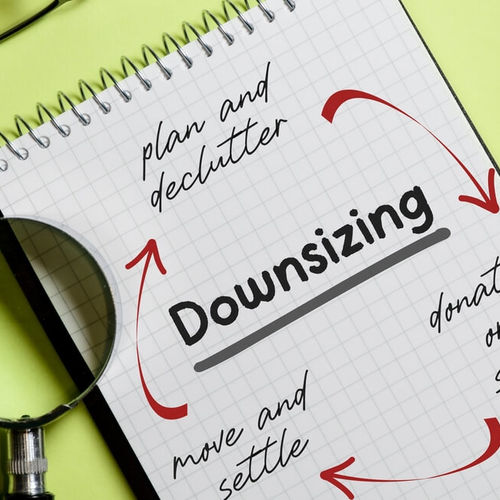When it comes to securing a mortgage, understanding how various types of debt impact your application is crucial. Whether you’re a first-time homebuyer or looking to refinance, being aware of how lenders evaluate your debt can make a significant difference in your mortgage journey.
The Importance of Debt Management in Mortgage Applications
Debt management plays a vital role in determining your eligibility for a mortgage. Lenders assess your debt-to-income (DTI) ratio, which is the percentage of your monthly income that goes towards debt payments. A high DTI ratio can signal to lenders that you may struggle to manage additional debt, potentially leading to higher interest rates or even denial of your mortgage application.
Types of Debt and Their Impact on Mortgages
Understanding how different types of debt affect your mortgage can help you better prepare and position yourself as a strong candidate for a loan. Here’s a brief overview:
- Credit Card Debt: High credit card balances can negatively impact your DTI ratio and credit score, both of which are critical factors in mortgage approval.
- Student Loans: While student loans are common, they still contribute to your overall debt load. However, lenders may view them more favorably if you have a solid repayment history.
- Auto Loans: Similar to student loans, auto loans increase your DTI ratio. Consistent, on-time payments can mitigate some of the negative effects.
- Personal Loans: These can be a red flag for lenders, especially if taken out recently, as they might indicate financial instability.
To gain deeper insights into how each type of debt affects your mortgage application, we recommend reading this comprehensive guide from Movement Mortgage: How Different Types of Debt Affect Your Mortgage.
Preparing for Your Mortgage Application
Before applying for a mortgage, consider taking the following steps to improve your financial standing:
- Pay Down High-Interest Debt: Focus on reducing credit card balances and other high-interest loans.
- Check Your Credit Report: Ensure there are no errors and understand your credit score.
- Maintain Steady Income: Lenders prefer applicants with a stable and reliable income source.
Conclusion
Navigating the mortgage application process can be complex, but understanding how different types of debt affect your eligibility is a crucial first step. By managing your debt responsibly and preparing in advance, you can enhance your chances of securing a favorable mortgage rate.
For more detailed information, be sure to visit Movement Mortgage’s blog post linked above. Their expert insights can help you make informed decisions and streamline your path to homeownership.



